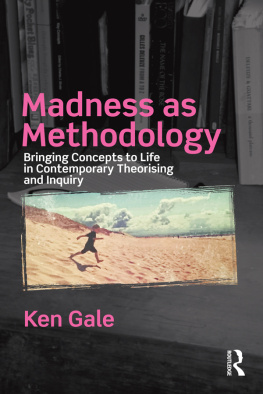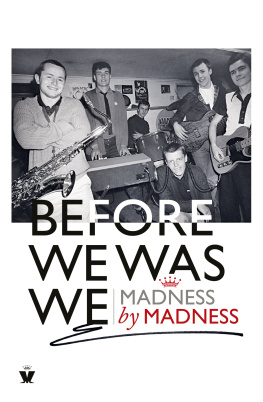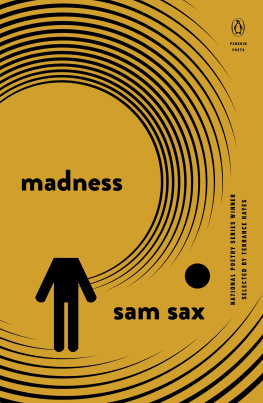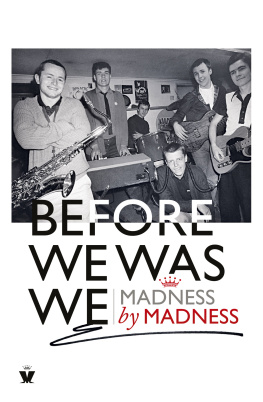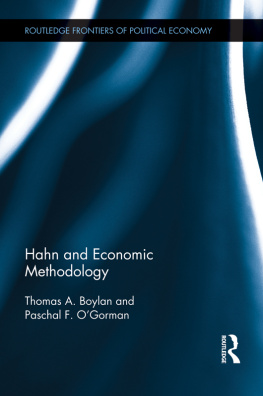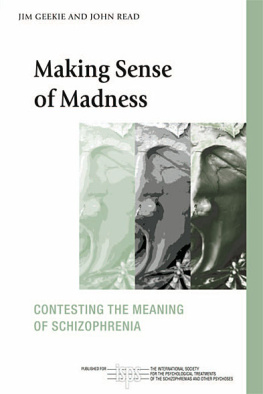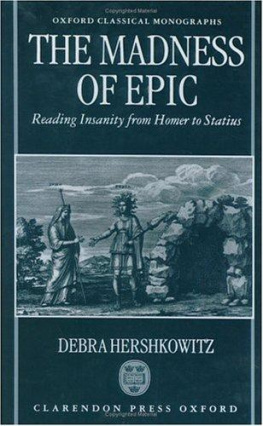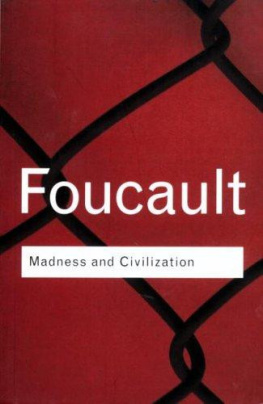First published 2018
by Routledge
2 Park Square, Milton Park, Abingdon, Oxon OX14 4RN
and by Routledge
711 Third Avenue, New York, NY 10017
Routledge is an imprint of the Taylor & Francis Group, an informa business
2018 Ken Gale
The right of Ken Gale to be identified as author of this work has been asserted by him in accordance with sections 77 and 78 of the Copyright, Designs and Patents Act 1988.
All rights reserved. No part of this book may be reprinted or reproduced or utilised in any form or by any electronic, mechanical, or other means, now known or hereafter invented, including photocopying and recording, or in any information storage or retrieval system, without permission in writing from the publishers.
Trademark notice: Product or corporate names may be trademarks or registered trademarks, and are used only for identification and explanation without intent to infringe.
British Library Cataloguing in Publication Data
A catalogue record for this book is available from the British Library
Library of Congress Cataloging-in-Publication Data
Names: Gale, Ken, author.
Title: Madness as methodology : bringing concepts to life in
contemporary theorizing and inquiry / Ken Gale.
Description: Abingdon, Oxon; New York, NY : Routledge, 2018. |
Includes bibliographical references and index.
Identifiers: LCCN 2017047142 | ISBN 9781138066007 (hbk) |
ISBN 9781138066021 (pbk) | ISBN 9781315159348 (ebk)
Subjects: LCSH: Methodology. | Ontology. | Deleuze, Gilles,
1925-1995. | Guattari, Felix, 1930-1992.
Classification: LCC BD241. M347 2018 | DDC 001.4dc23
LC record available at https://lccn.loc.gov/2017047142
ISBN: 978-1-138-06600-7 (hbk)
ISBN: 978-1-138-06602-1 (pbk)
ISBN: 978-1-315-15934-8 (ebk)
Typeset in Bembo
by Keystroke, Neville Lodge, Tettenhall, Wolverhampton
Contents
Guide
Althusser, L. (2014) On the reproduction of capitalism: Ideology and ideological state apparatuses , trans. and ed. G. Goshgarian. London: Verso.
Artaud, A. (1976) To have done with the judgment of God. In S. Sontag (ed.) Selected writings . Berkeley, CA: University of California Press.
Atkinson, P. (1990) The ethnographic imagination: textual constructions of reality . London: Routledge.
Austin, J. (1962) How to do things with words: The William James Lectures delivered at Harvard University in 1955 . Oxford: Clarendon Press.
Ayer, A. J. (1936) Language, truth and logic . London: Gollancz.
Bachelard, G. (1969) The poetics of space , trans. M. Jolas. Boston, MA: Beacon Press.
Bachelard, G. (2014) On poetic imagination and reverie , trans. Colette Gaudin. Putnam, Conn: Spring Publications.
Bakhtin, M. (1981) The dialogic imagination: Four essays , ed. M. Holquist. Austin: University of Texas Press.
Barad, K. (2007) Meeting the universe halfway: Quantum physics and the entanglement of matter and meaning . London: Duke University Press.
Barnes, M. and Berke, J. (1982) Mary Barnes: Two accounts of a journey through madness . Harmondsworth: Penguin.
Bennett, J. (2010) Vibrant matter: The political ecology of things . London: Duke University Press.
Berg, L. (1968) Risinghill: Death of a comprehensive school . Harmondsworth: Penguin.
Bergson, H. (1911) Creative evolution , trans. Arthur Mitchell. New York: Henry Holt.
Berlant, L. (2011) Cruel optimism . Durham and London: Duke University Press.
Boal, A. (1993). Theatre of the oppressed . New York: Theatre Communications Group.
Bogue, R. (2003) Deleuze on music, painting, and the arts . London: Routledge.
Bonta, M. and Protevi, J. (2004) Deleuze and geophilosophy: A guide and glossary . Edinburgh: Edinburgh University Press.
Borges, J.-L. (1970) Labyrinths: Selected stories and other writings . Harmondsworth: Penguin.
Bourdieu, P. and Passeron, J.-C. (1990) Reproduction in education, society and culture . London: Sage.
Braidotti, R. (2013) Posthuman humanities, European Educational Research Journal , 12(1). www.wwwords.eu/EERJ, http://dx.doi.org/10.2304/eerj.2013.12.1.1
Butler, J. (2006) Gender trouble . London: Routledge.
Carr, W. and Kemmis, S. (1989) Becoming critical: Education, knowledge and action research, The Journal of Educational Thought , 23(3): 209216.
Causley, C. (2017) A certain man: Charles Causley in his own words , compiled and ed. S. Parker. www.scryfa.co.uk.
Chadwick, W. and De Courtivron, I. (eds) (1993) Significant others: Creativity and intimate partnership . London: Thames and Hudson.
Cixous, H. (1991) Coming to writing and other essays , ed. D. Jenson, trans. S. Cornell, D. Jenson, A. Liddle and S. Sellers. Cambridge, MA: Harvard University Press.
Clough, P. (2010) The affective turn: Political economy, biomedia, and bodies. In M. Gregg, and G. Seigworth (eds) The affect theory reader . Durham and London: Duke University Press, pp. 206229.
Cohen, L., Mannion, L. and Morrison, K. (2000) Research methods in education , 5th edn. London and New York: RoutledgeFalmer.
Colebrook, C. (2002) Gilles Deleuze . London: Routledge.
Davies, B. and Gannon, S. (2006) Doing collective biography . Buckingham: Open University Press.
Davies, B. and Gannon, S. (eds) (2009) Pedagogical encounters . New York: Peter Lang.
De Freitas, E. (2012) The classroom as rhizome: New strategies for diagramming knotted interactions, Qualitative Inquiry , 18(7): 557570.
Deleuze, G. (1988) Spinoza: Practical philosophy , trans. R. Hurley. San Francisco: City Lights Books.
Deleuze, G. (1989) Cinema 2: The time-image , trans. H. Tomlinson and R. Galeta. Minneapolis: University of Minnesota Press.
Deleuze, G. (1991) Empiricism and subjectivity: An essay on Humes theory of human nature , trans. C. Boundas. New York: Columbia University Press.
Deleuze, G. (1993) The fold: Leibniz and the baroque , trans. T. Conley. London: Athlone Press.
Deleuze, G. (1994) He stuttered. In C. Boundas and D. Olkowski (eds) Gilles Deleuze and the theatre of philosophy . London: Routledge.
Deleuze, G. (1995) Negotiations 19721990 , trans. M. Joughin. New York: Columbia University Press.
Deleuze, G. (1997) Essays critical and clinical , trans. D. W. Smith and M. A. Greco. Minneapolis: University of Minnesota Press.
Deleuze, G. (2001) Pure immanence: Essays on a life , trans. A. Boyman. New York: Zone Books.
Deleuze, G. (2003) The fold: Leibniz and the Baroque , Foreword and trans. T. Conley. London: Continuum.
Deleuze, G. (2004a) The logic of sense , trans. M. Lester with C. Stivale. London: Continuum.
Deleuze, G. (2004b) Francis Bacon: The logic of sensation , trans. D. Smith. London: Continuum.
Deleuze, G. (2004c) Difference and repetition , trans. Paul Patton, London: Continuum.
Deleuze, G. (2005) Cinema 1: The movement-image , trans. Hugh Tomlinson and Barbara Habberjam, London: Continuum.
Deleuze, G. (2007) Desert Islands: And other texts 19531974 , ed. D. Lapoujade, trans. M. Taormina. New York: Semiotext(e).
Deleuze, G. and Guattari, F. (1986) Kafka: Toward a minor literature , trans. Dana Polan. Minneapolis: University of Minnesota Press.
Deleuze, G. and Guattari, F. (1987) A thousand plateaus: Capitalism and schizophrenia , trans. B. Massumi. London: Athlone.
Deleuze, G. and Guattari, F. (1994) What is philosophy? , trans. G. Burchell and H. Tomlinson. London: Verso.
Next page
